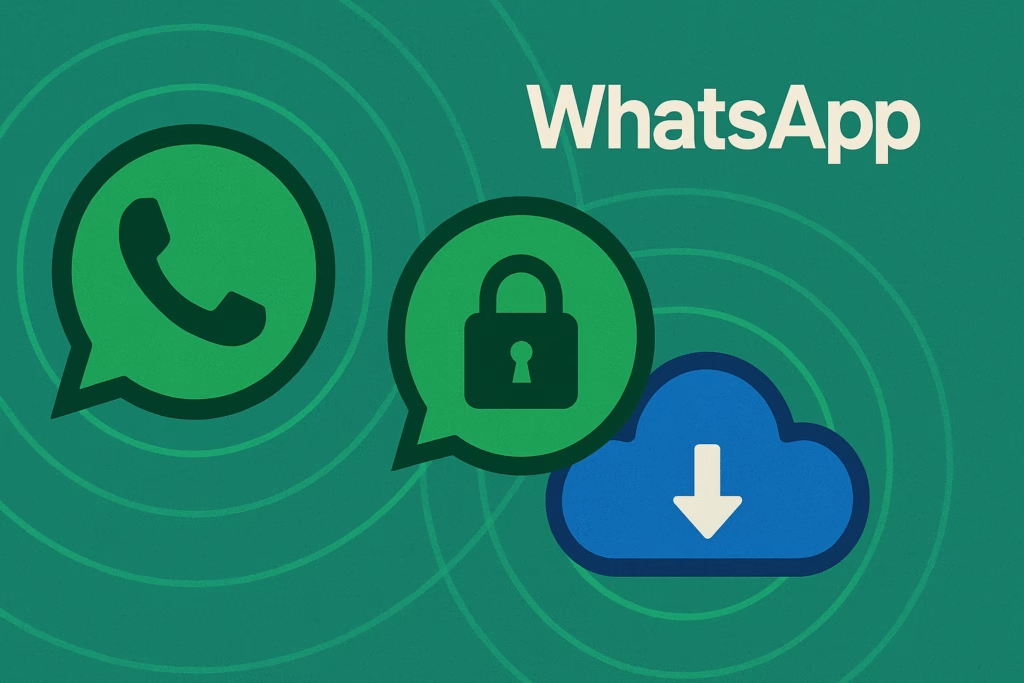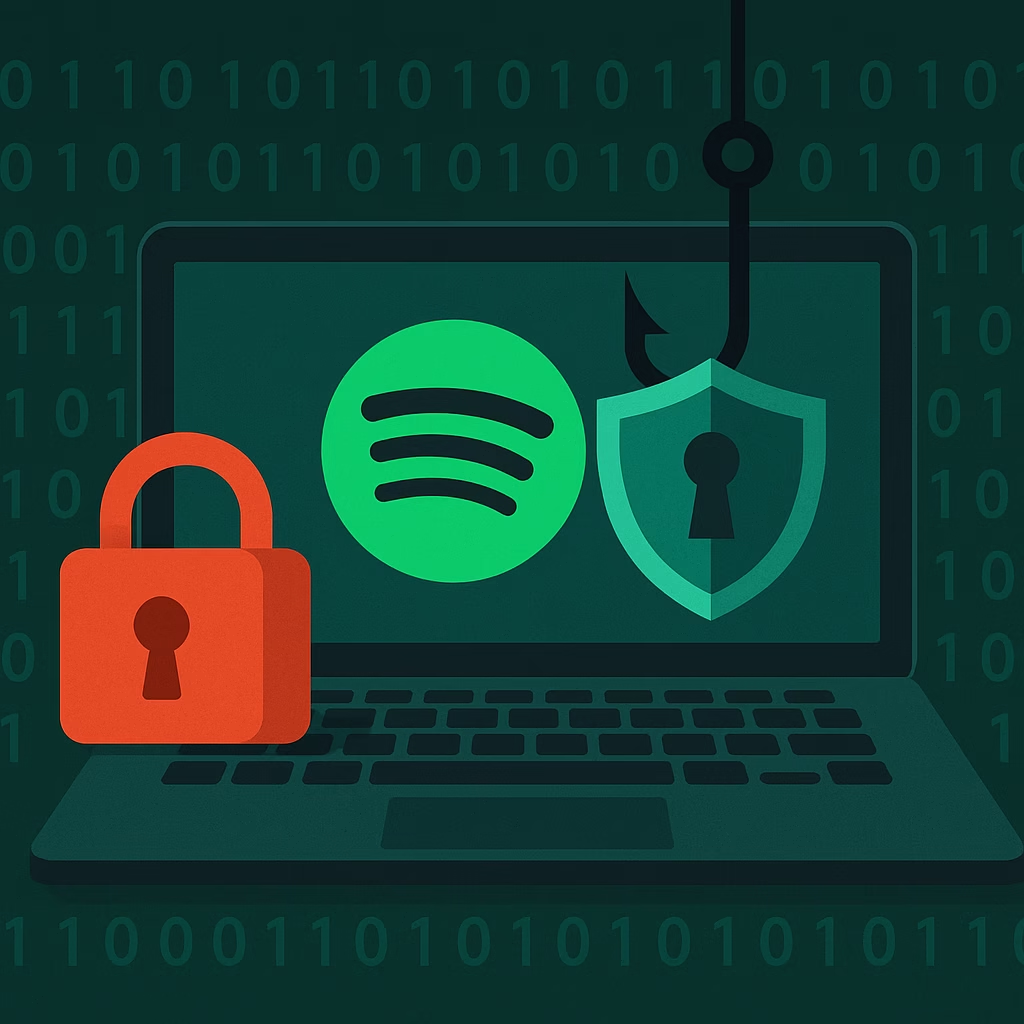
WhatsApp’s introduction of end-to-end encrypted backups represents a significant milestone in messaging security, addressing one of the most critical vulnerabilities in digital communications. While your messages have been protected with end-to-end encryption during transmission, chat backups stored on cloud services like Google Drive and iCloud remained unencrypted, creating a potential security gap that could expose sensitive conversations to unauthorized access.
This comprehensive security enhancement means that your WhatsApp conversations, media files, and chat history are now protected with the same level of encryption whether they’re being sent in real-time or stored as backups. Understanding how this feature works and implementing it correctly can significantly strengthen your overall digital security posture.
Understanding WhatsApp’s End-to-End Encrypted Backup System
WhatsApp’s encrypted backup feature utilizes advanced cryptographic protocols to ensure that only you can access your stored chat history. Unlike traditional cloud backups that rely on service providers’ security measures, encrypted backups use client-side encryption, meaning your data is encrypted on your device before being uploaded to cloud storage.
The system employs AES-256 encryption, the same standard used by financial institutions and government agencies worldwide. Your backup is protected by either a user-generated password or a 64-digit encryption key that only you possess. This approach ensures that even WhatsApp, Facebook (Meta), Google, or Apple cannot access your backup contents.
Key Security Components
- Client-side encryption: Your data is encrypted on your device before leaving for cloud storage
- Zero-knowledge architecture: WhatsApp cannot decrypt your backups even if requested by authorities
- Key derivation functions: Your password or key generates unique encryption keys for each backup
- Secure key storage: Encryption keys are stored separately from your backup data
Setting Up End-to-End Encrypted Backups
Enabling WhatsApp encryption backup requires careful attention to detail, as losing your encryption password or key means permanently losing access to your chat history. Follow these step-by-step instructions to secure your messaging data:
For Android Users
- Open WhatsApp and tap the three-dot menu in the top-right corner
- Select “Settings” followed by “Chats”
- Tap “Chat backup” and look for “End-to-end encrypted backup”
- Choose “Turn on” and select your preferred security method
- Create a strong password or save the generated 64-digit key securely
- Confirm your choice and wait for the initial encrypted backup to complete
For iPhone Users
- Launch WhatsApp and navigate to “Settings” in the bottom-right corner
- Select “Chats” followed by “Chat Backup”
- Tap “End-to-End Encrypted Backup” and choose “Turn On”
- Select either password protection or key-based encryption
- Store your password or 64-digit key in a secure location
- Complete the setup and allow the encrypted backup process to finish
Password vs. Encryption Key: Choosing Your Security Method
WhatsApp offers two methods for protecting your encrypted backups, each with distinct advantages and considerations for messaging security:
Password-Based Protection
Creating a custom password offers convenience and memorability while maintaining strong security. Your password should meet these criteria:
- Minimum 8 characters with complexity requirements
- Combination of uppercase letters, lowercase letters, numbers, and symbols
- Unique password not used for other accounts or services
- Avoid personal information like names, birthdays, or common phrases
According to cybersecurity research, passwords with 12 or more characters provide exponentially stronger protection against brute-force attacks.
64-Digit Encryption Key
The automatically generated encryption key provides maximum security but requires careful storage management. This alphanumeric string offers several advantages:
- Cryptographically random generation eliminates human bias
- Extremely high entropy makes brute-force attacks computationally infeasible
- No dictionary words or patterns that automated tools can exploit
- Unique key generation for each individual backup setup
Store this key in a secure password manager, encrypted note-taking application, or physical secure location. Never store it in plain text files, unsecured cloud storage, or share it through unencrypted communication channels.
Security Benefits and Real-World Impact
The implementation of end-to-end encrypted backups addresses several critical security vulnerabilities that have concerned privacy advocates and cybersecurity professionals. Understanding these benefits helps contextualize the importance of enabling this feature:
Protection Against Data Breaches
Cloud storage services, while generally secure, remain targets for sophisticated cyberattacks. In 2019, researchers discovered that unencrypted WhatsApp backups stored on Google Drive were accessible through various attack vectors. Encrypted backups eliminate this vulnerability by ensuring that even if cloud storage is compromised, your chat data remains unreadable.
Government and Legal Request Resistance
Law enforcement agencies worldwide have increasingly requested access to messaging data through cloud storage providers. With end-to-end encrypted backups, these requests become meaningless since the service providers cannot decrypt the data even if legally compelled to provide access.
Enhanced Corporate Security
Business users who rely on WhatsApp for professional communication can now ensure that sensitive corporate discussions, financial information, and strategic planning conversations remain protected even in backup storage. This feature is particularly valuable for companies operating in highly regulated industries.
Implementation Best Practices
Maximizing the security benefits of WhatsApp encryption backup requires following established cybersecurity best practices:
Secure Key Management
- Use a reputable password manager: Store your encryption password or key in established password management solutions
- Create multiple secure copies: Maintain backup copies of your encryption credentials in separate secure locations
- Regular security audits: Periodically review and update your backup security settings
- Document recovery procedures: Establish clear steps for accessing your encrypted backups if needed
Device Security Considerations
Your messaging security extends beyond WhatsApp’s encryption features. Implement these additional protective measures:
- Enable device lock screens with strong PINs, passwords, or biometric authentication
- Keep WhatsApp and your device operating system updated with latest security patches
- Use mobile device management solutions for business devices
- Enable remote wipe capabilities in case of device theft or loss
Potential Limitations and Considerations
While end-to-end encrypted backups significantly enhance messaging security, users should understand certain limitations and considerations:
Recovery Challenges
Unlike traditional backups where service providers can assist with account recovery, encrypted backups place full responsibility on users. Losing your encryption password or key means permanent loss of chat history. This trade-off between security and convenience requires careful consideration of your backup recovery strategy.
Performance and Storage Impact
Encrypted backups may take longer to create and restore compared to standard backups due to the additional cryptographic processing required. Users with extensive chat histories or limited device storage should plan accordingly for longer backup times.
Integration with Comprehensive Security Strategies
WhatsApp’s encrypted backup feature works best as part of a broader cybersecurity strategy. Organizations and individuals should consider how messaging security integrates with other security measures, including email security, web browsing protection, and phishing prevention.
Just as encrypted messaging protects your conversations, comprehensive security solutions like PhishDef protect against email-based threats that could compromise your accounts and lead to unauthorized access attempts. A layered security approach ensures that all potential attack vectors are adequately protected.
Key Takeaways
WhatsApp’s end-to-end encrypted backup feature represents a crucial advancement in messaging security, providing users with comprehensive protection for both active conversations and stored chat history. Successfully implementing this feature requires careful attention to password security, key management, and recovery planning.
The benefits of encrypted backups extend beyond individual privacy to encompass business security, regulatory compliance, and resistance to various forms of unauthorized access. However, users must balance these security advantages with the responsibility of maintaining secure access to their encryption credentials.
Regular security audits, proper key management practices, and integration with broader cybersecurity strategies ensure that your messaging security remains robust against evolving threats.


